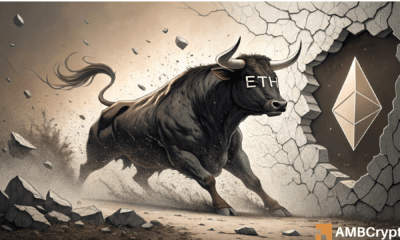Ocean Protocol kicking off a valuable DeFi trend: Data Finance (DataFi)
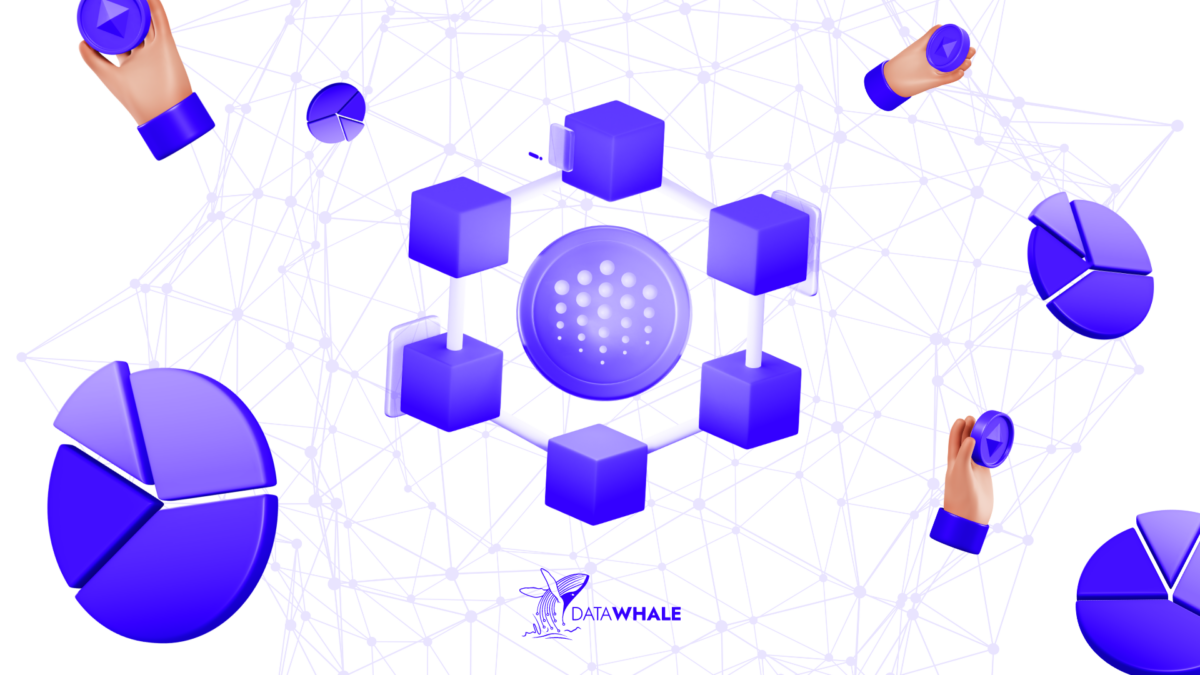
There is a project in the DeFi space that few talk about, aiming to unlock data by utilizing existing and improved DeFi infrastructure. Ocean Protocol, recently awarded the Technology Pioneer by the World Economic Forum, has the vision to make data a liquid asset class through blockchain tokens. The founders are frontrunners, striking partnerships with the European government and German Central Bank, which stated that Ocean’s technology ‘does not have any comparable competitors’ in the space.
In essence, Ocean Protocol is building a decentralized, multi-chain data marketplace built on advanced DeFi infrastructure and taking advantage of various token standards, including ERC-721 (NFTs) and ERC-20. The objective is to make their native token OCEAN the underlying currency for an open data economy, whilst data is traded on an open data marketplace with the help of the relevant token.
In general, decentralized finance (DeFi) proved a valuable utility for cryptocurrency. Yield farming, staking and lending earned many cryptocurrency investors annual interest rates in double- and even triple-digit territory. Unheard of in traditional finance!
Nevertheless, many DeFi protocols lack utility and are not backed by any ‘real-world’ assets. That’s why despite high returns, investors faced high risks too. Numerous exploits of smart contracts where user funds were drained and malicious activity of DeFi protocols that suddenly withdrew large amounts of cryptocurrency resulted in a healthy amount of skepticism towards this segment. Also, DeFi moved to backstage since speculation around NFTs became a lucrative investment alternative, allowing investors to achieve immense multipliers by flipping JPEGs.
Yet, DeFi has developed into a broader ‘Web3’ movement. Many DeFi projects, including Ocean Protocol, learned from past mistakes, improved their infrastructure, and implemented advanced features that could lead to interesting opportunities, disrupting multi-trillion-dollar industries. Bottom line, the foundation is set and DeFi may just be on the verge of taking the center stage again.
An unexplored DeFi utility: data
Data is the world’s most valuable resource. Our future depends on technologies like artificial intelligence, which can only function successfully when large amounts of data are available. But right now, less than 0.5% of the world’s data is accessible. Like traditional resources, data is exploited by large corporations creating an unfair, monopolistic market power. Ever wondered why Google’s analytics are the best in the world? They’ve got the most data. The data economy is a trillion-dollar opportunity yet to be explored.
When the Ocean Protocol Data Market V4 launches in Q1/2022, data owners can tokenize their dataset into an NFT, which proves the exclusive right to the data. It’s similar to owning a Bored Ape, but instead of a JPEG file, Data NFT owners own the right to a dataset. Data NFT owners can also create a supply of Datatokens, which are built on the ERC20 standard. Datatokens allow for any DeFi activity to take place, all while the assets are backed by real-world data. A breakthrough!
On Ocean Protocol’s Data Market, data investors can stake on Datatoken liquidity pools or can simply bet on the value of a dataset increasing by swapping OCEAN for Datatokens. If someone is interested to access the dataset itself, data buyers can purchase Datatokens to access the data. This proves a valuable utility because Data NFT owners can actively generate revenues by selling Datatokens to data buyers. All functions are regulated by blockchain technology on Ethereum, Polygon, Binance Smart Chain or Polkadot’s Moonriver
DataFi Infrastructure
There is a growing community surrounding the Ocean Protocol ecosystem. Ocean Protocol’s DAO funds third-party teams to build valuable infrastructure that accelerates the adoption of DataFi. DataX for example is building Datapolis, a data finance protocol offering a ‘Data DEX’ that is building towards data-backed lending and much more. Another project is Data Whale’s ALGA mobile Datatoken wallet for iOS and Android, where users can track their data assets and stake or swap on the Ocean Data Market through their phone.
If you are interested to learn more about DataFi, head over to Data Whale’s website and complete the Ocean Data Market tutorials. Read up on definitions and watch our simple explainer videos on our Web3 Data Economy YouTube Channel.
Disclaimer: This is a paid post and should not be treated as news/advice.

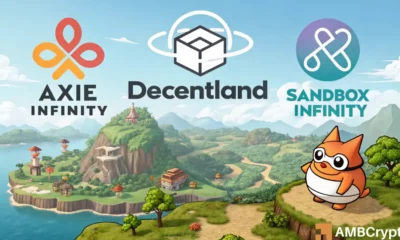
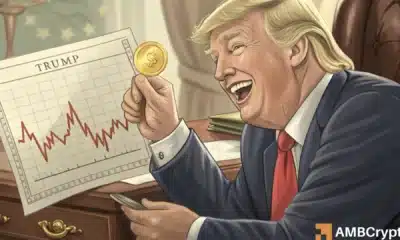
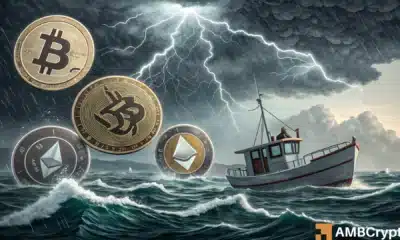

![Bitcoin [BTC] accumulation rises as ETF outflows cool - Is a breakout coming?](https://ambcrypto.com/wp-content/uploads/2025/03/Abdul_Bitcoin-400x240.webp)
